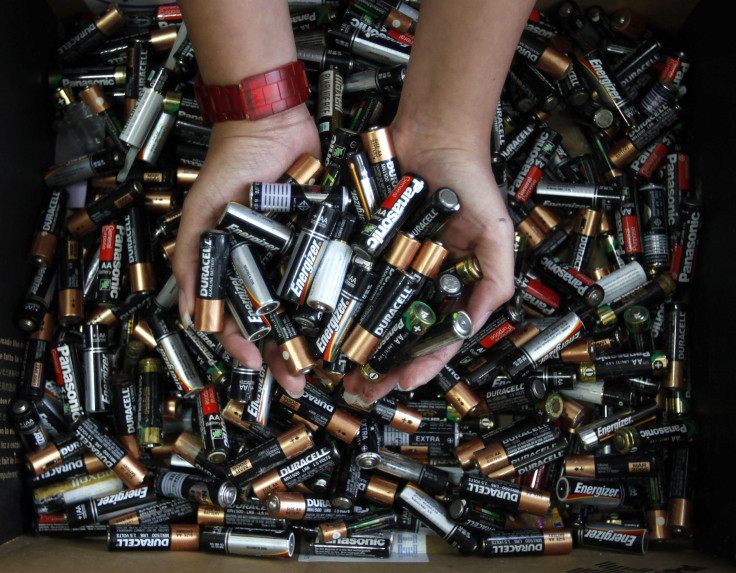Harvard researchers reveal vitamin B2 powered organic battery

Researchers of Harvard University have invented a battery that uses organic compounds instead of metal ions. The non-toxic and low cost organic batteries were based on Vitamin B2’s ability to convert carbohydrates into fuel for our bodies. The researchers successfully tweaked Vitamin B2 (Riboflavin) to store energy instead. The organic batteries are designed in hopes to be an effective and cheap way to store harnessed wind and solar energy.
The team previously attempted in creating the organic batteries with the use of Quinones, an organic molecule. The Riboflavin inspired batteries, however, had better capacity. Riboflavin uses nitrogen atoms in picking and giving off electrons compared to Quinones that use oxygen atoms.
The researchers confirmed that vitamins were “remarkably easy to make,” thus large scale manufacturing would be low costing. The organic batteries would also be environmental friendly unlike its metallic counterpart.
The organic batteries store energy in two liquids and generates electrical currents when said liquids flow past each other. The large external tanks that store the liquids have the potential to store large amount of energy.
The switch from current lithium based batteries will be beneficial. Though mostly safe, lithium batteries still carry dangerous compounds that can cause fire. There have been reported cases of lithium batteries overheating and exploding. Burning lithium creates toxic flames that can irritate when inhaled.
Cheaply made lithium batteries causes great concern as these batteries are poorly manufactured. They have a significantly higher chance of malfunctioning and causing damage. Lithium batteries are so easily tampered that airlines placed a ban carrying batteries.
Currently, the newly discovered organic batteries have only produced good results. Further research and test is needed to uncover potential flaws.
Gordon, co-senior author of the paper, insisted that it was nature that hinted at the methods of storing energy. That they have merely redesigned the molecules to suit the needs of their battery. The researchers are still in the lookout for other molecules that may perform the B2 based battery.






